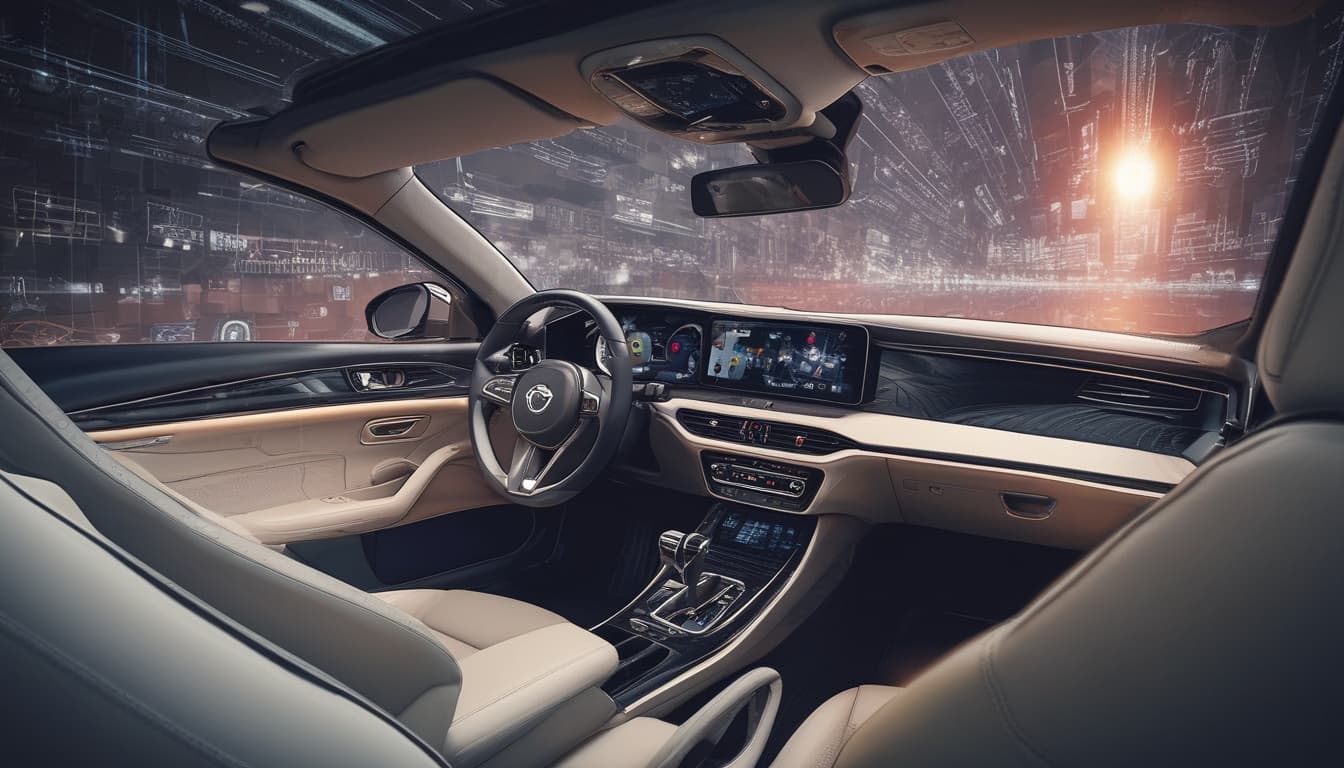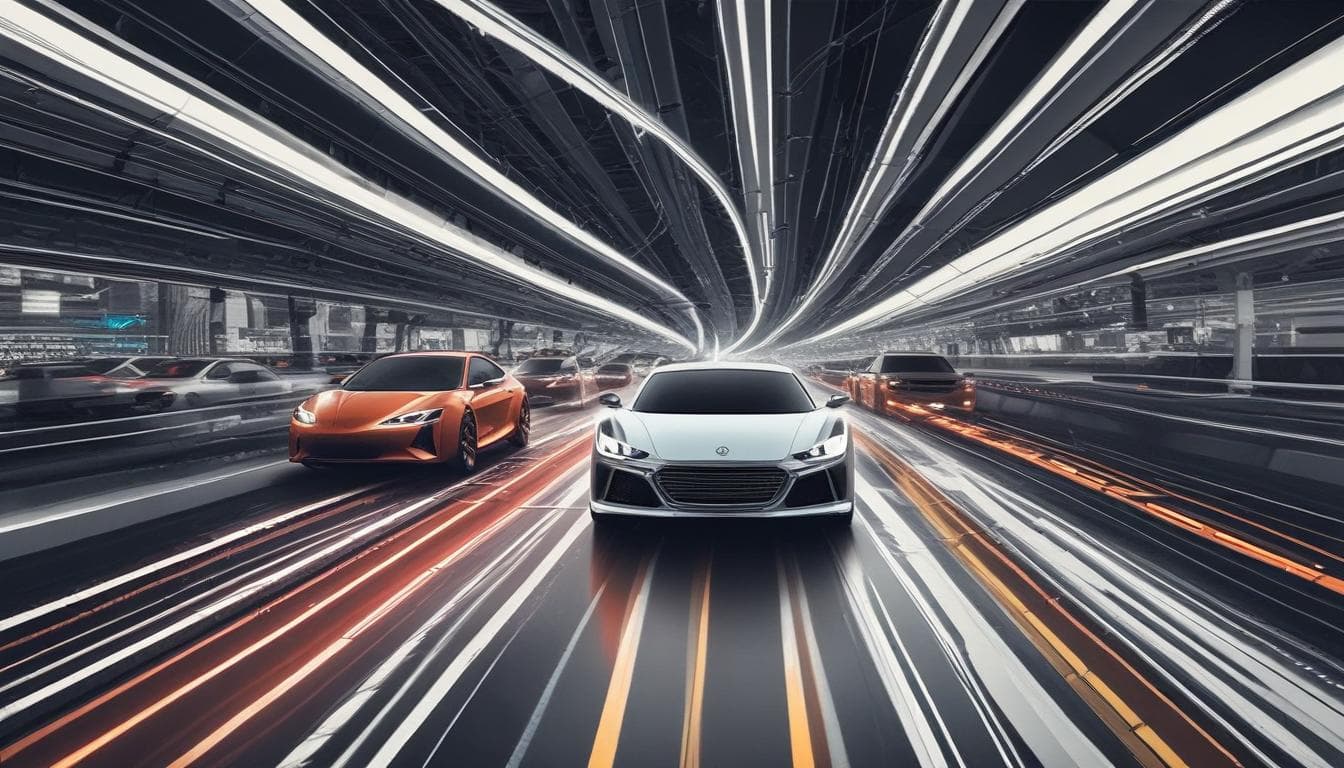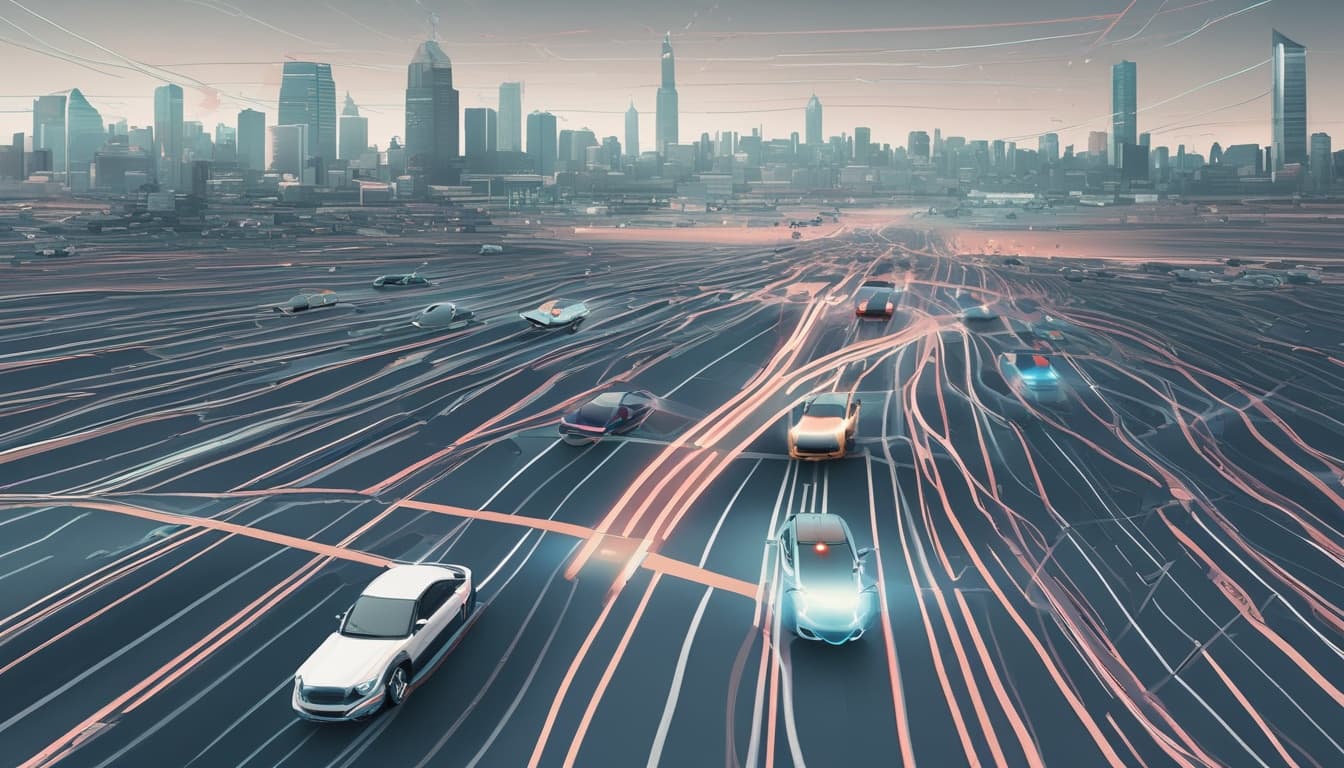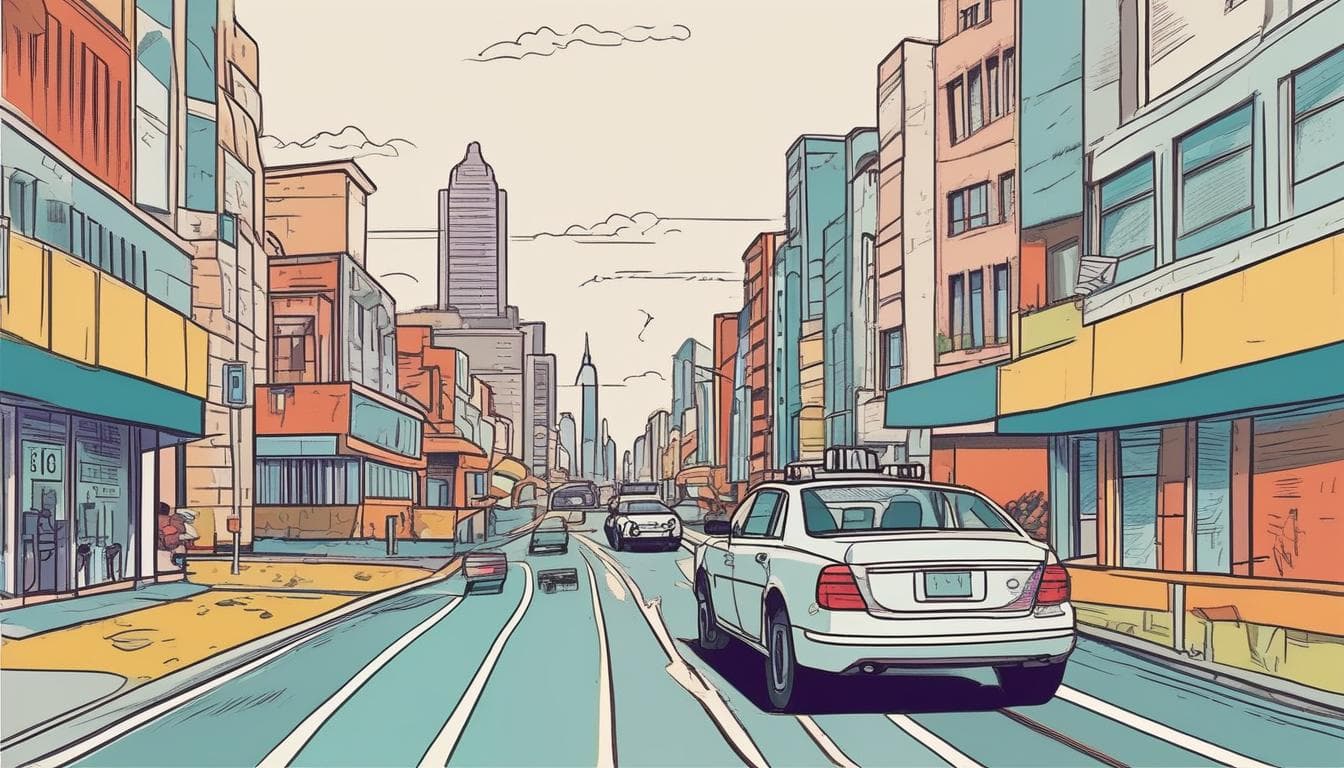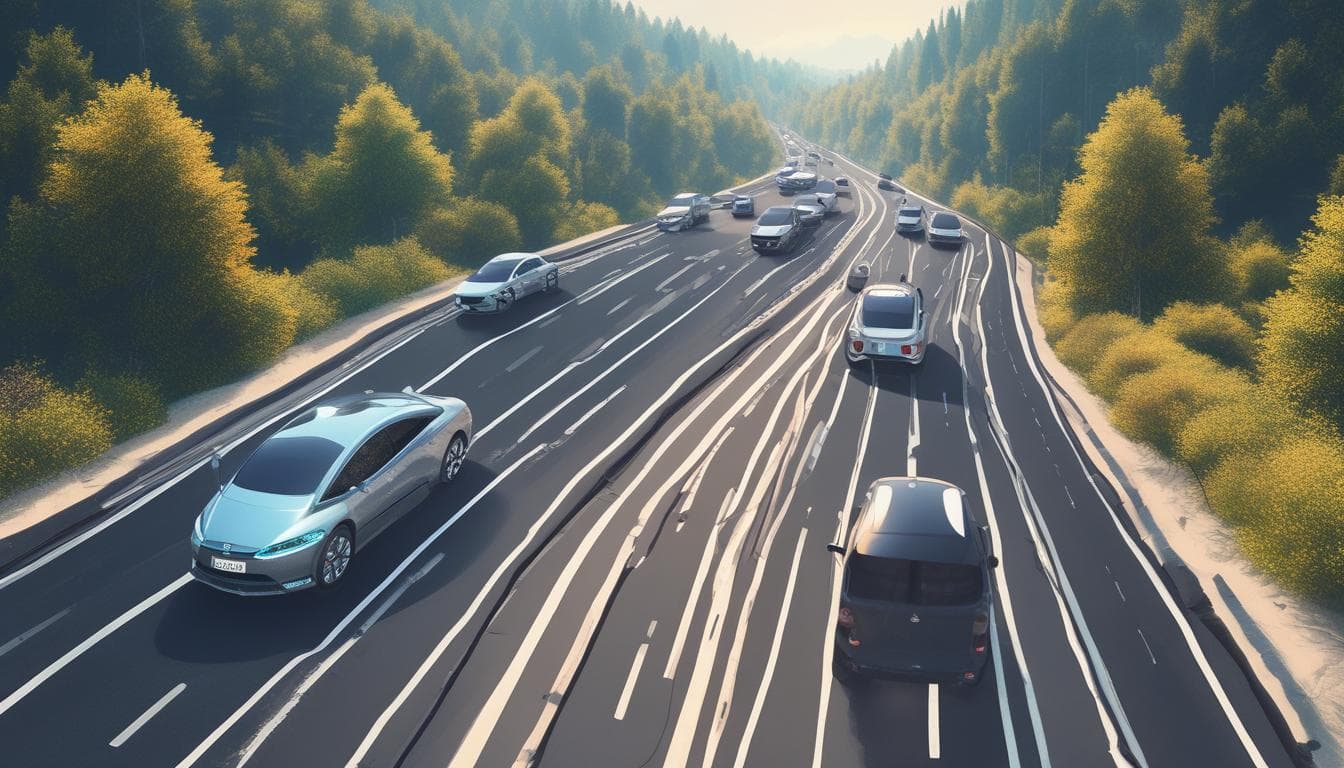With advancements in AI and personalized in-car experiences, how might the role of the car evolve from a mode of transportation to a personalized mobile sanctuary? What features and design elements would be essential in creating this transformative shift, and what societal implications might arise?
The transformation of cars into personalized mobile sanctuaries is indeed an exciting prospect. With advancements in AI and the rise of in-car personalization, we are seeing a shift from merely transportation vehicles to spaces that cater specifically to the needs and preferences of their users.
Key Features and Design Elements
To create this transformative shift, several features and design elements are essential:
- Adaptive AI Systems: Cars could utilize AI to learn from user behaviors, adjusting settings for climate, audio, and even driving style based on individual preferences.
- Augmented Reality (AR) Interfaces: Implementing AR in navigation could enhance driving by providing real-time information overlay, making the car environment interactive and informative. For further insights into how technologies like AR are reshaping the automotive landscape, check out Driving the Future: How Extended Reality (XR) is Transforming the Automotive Industry.
- Comfort and Wellness Features: Integrating wellness technologies such as massage seats, air quality control, or even mood lighting can significantly enhance the driving experience, making it more like a sanctuary than just a mode of transport.
- Connectivity Solutions: Seamless integration with personal devices and smart home systems allows users to maintain their lifestyle even while on the road, further enhancing the sense of personal space.
Societal Implications
As cars evolve into mobile sanctuaries, several societal implications should be considered:
- Changes in Urban Design: With the rise of mobile sanctuaries, urban areas might need to adapt, focusing on creating environments that can accommodate not just parking but holistic living, where commuting becomes an extension of home.
- Impact on Community and Isolation: While mobile sanctuaries provide individual comfort, they might also lead to isolation, as people spend more time in their cars rather than engaging with their community. Balancing personal space with community interaction will be crucial.
- Environmental Considerations: The focus on in-car experiences may lead automakers to prioritize sustainability, pushing for more eco-friendly designs and features. This aspect aligns with the ongoing discussions about the impact of electric vehicles on the automotive industry, as highlighted in The Electric Vehicle Revolution: Transforming the Automotive Industry and Shaping the Future of Transportation.
In conclusion, the evolution of cars into personalized mobile sanctuaries represents a significant shift not only in automotive design but also in lifestyle and societal norms. Embracing these changes will require thoughtful implementation, balancing personal comfort with broader social impacts.
استكشف المزيد حول هذا الموضوع
انضم إلى المحادثة
- سيارة تعكس هويتك: هل الذكاء الاصطناعي قادر على تصميمها؟
تخيل سيارة تتكيف مع حالتك المزاجية وتفضيلاتك. هل يمكن للذكاء الاصطناعي تصميم سيارة تعكس هويتك الشخصية؟ وما هي الآثار الأخلاقية والاجتماعية لذلك؟ شاركنا أفكارك.
- هل سيُعيد الذكاء الاصطناعي تعريف مفهوم ملكية السيارة؟
تخيل عالماً من السيارات ذاتية القيادة تُقلل الحاجة لامتلاك سيارة خاصة. كيف سيؤثر ذلك على صناعة السيارات؟ هل سنشهد نماذج جديدة للملكية المشتركة أو خدمات النقل عند الطلب؟ شارك برأيك حول مستقبل صناعة السيارات مع تطور الذكاء الاصطناعي.
- مستقبل القيادة: هل ستختفي مهنة السائق مع ظهور السيارات ذاتية القيادة؟
مع التطور السريع لتكنولوجيا السيارات ذاتية القيادة، هل ستصبح مهنة قيادة السيارات شيئًا من الماضي؟ وما هو تأثير ذلك على رياضات السيارات؟ شارك برأيك وانضم للنقاش حول مستقبل القيادة.

